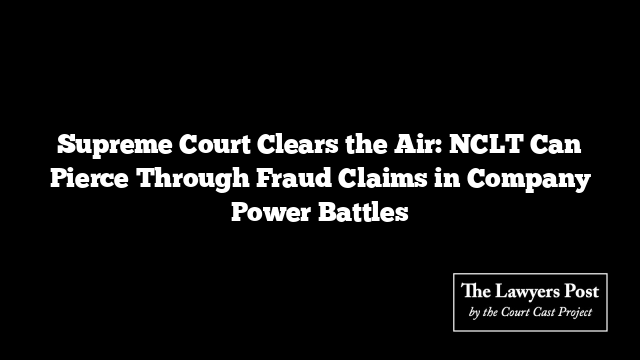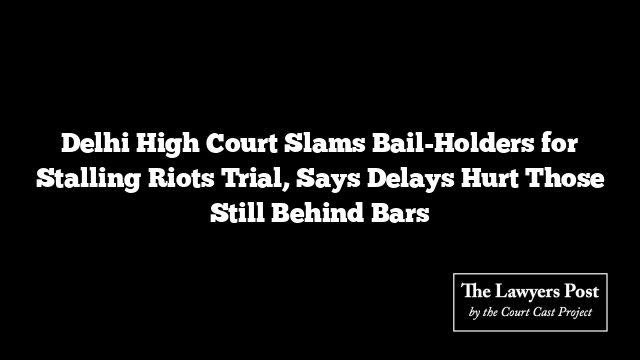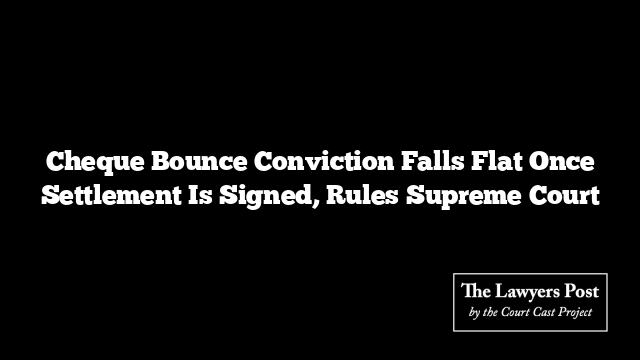When a company’s boardroom turns into a battlefield, the Supreme Court has made it clear—fraud and forged paperwork can’t hide behind procedural shields.
In a ruling that resets the boundaries of company law disputes, the Court declared that the National Company Law Tribunal (NCLT) holds the authority to examine fraud allegations and test the validity of documents in oppression and mismanagement cases.
The judgment arose from a bitter corporate tussle where a woman, holding 98% of her company’s shares and serving as Executive Director, found herself ousted by her own family. The script included a contested gift deed transferring her shares to her mother-in-law, board resolutions passed in meetings without notice or quorum, and even records showing her supposed resignation—all of which she claimed were manufactured.
Initially, the NCLT sided with her, exposing the fraud and reinstating her position. But the National Company Law Appellate Tribunal (NCLAT) overturned that win, arguing that issues like the gift deed’s validity were beyond NCLT’s remit.
The Supreme Court thought otherwise. Drawing on its earlier pronouncement in the Tata Consultancy Services vs. Cyrus Investments case, the bench led by Justices Dipankar Datta and K. Vinod Chandran underscored that tribunals must not only hear complaints of oppression and mismanagement but also resolve them fully, without pushing parties into endless litigation.
The Court noted that stripping a majority shareholder down to a powerless minority through deceitful acts is, by its very nature, oppression. Here, the dubious gift deed and sham board meetings were not side issues—they were central to the case. The NCLT, it held, had every right to tear into them.
In restoring the NCLT’s decision, the Court concluded that the appellant had indeed suffered oppression and mismanagement, with the company’s affairs manipulated in a way that eroded probity and harmed her rights.
With that, the Supreme Court reinstated her shareholding and directorship, calling out the fraudulent maneuvers for what they were—a serial assault on fairness in corporate governance.





